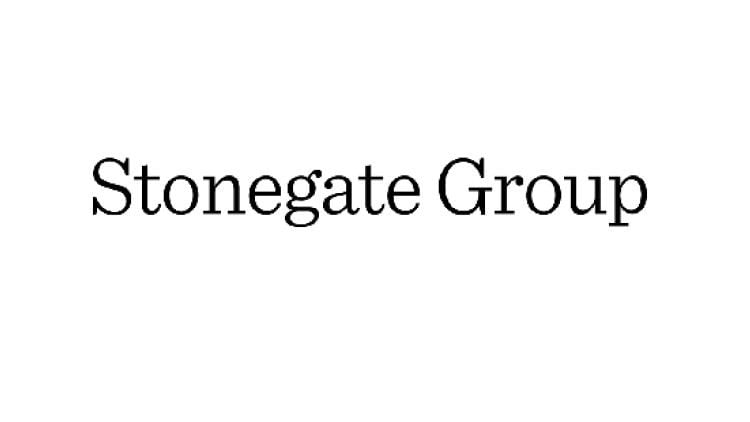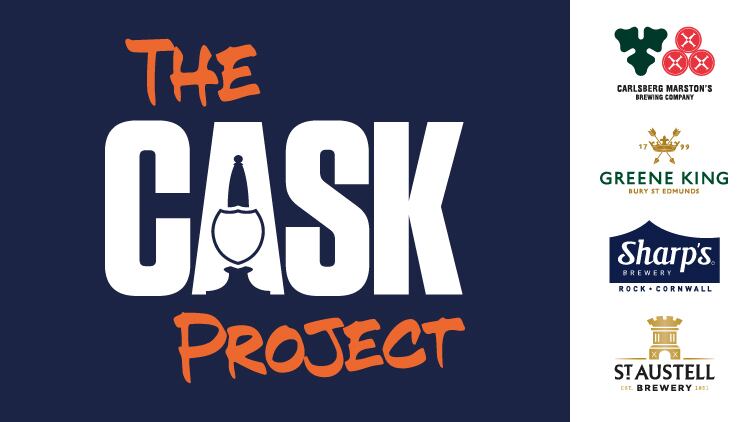The Solihull-based pubco, which is the largest pub operator in the UK, is seeking recovery of more than £1bn from its insurers. It filed a lawsuit against its insurance companies MS Amlin, Liberty Mutual Insurance Europe and Zurich in July 2021.
Regulatory lawyer Bill Dunkerley explains here what the significance of the case means for the hospitality sector.
What impact will Stonegate Pub Company’s claim have on business interruption insurance cases moving forward?
Stonegate Pub Company Limited is one of two high-profile companies taking a stand against losses incurred as a result of national Covid-19 restrictions that have placed the leisure and hospitality sector under considerable pressure over the past two years.
The company’s business interruption insurance (BII) claim is one of the first significant moves since the Supreme Court handed down judgment in the Financial Conduct Authority (FCA) test case in January 2021, concerning the correct interpretation, which it considered should be applied to BII policies.
But 17 months on from that ruling, what does the Stonegate case tell us and what potential impact will it have on the sector?
The BII story so far
Following restrictions imposed in response to the Covid-19 pandemic, many policyholders sought an indemnity from their business interruption insurers in respect of the losses they had incurred during this period. A large number of those claims were initially rejected by insurers, predominantly on the basis that BII policies were not intended to provide cover for lockdown losses and the national response to a pandemic.
The FCA, on behalf of aggrieved policyholders brought a test case against eight insurers as to the extent that they were able to reject such claims. Although the High Court ruled in favour of the policyholders, six of the insurers appealed to the Supreme Court. Their appeal was, however, unsuccessful and in a lengthy and wide-ranging judgment, the Supreme Court broadly found in favour of insured policyholders and ruled that the sample policies considered as part of that litigation did provide cover for business interruption losses caused by the response to the pandemic, and so obliged the insurers to provide an indemnity.
Within its judgment, the Supreme Court reiterated a long-standing principle of insurance interpretation – that policy wording remained king. When considering whether any given policy or clause provides cover, it is necessary to consider the actual wording of that policy. It’s difficult to imply terms over and above the specific words or phrases used, and if X risk is not expressly stated to be included, it will be difficult to construe a policy to include indemnity for that risk.
Although the Supreme Court’s decision was helpful to businesses seeking to claim for losses incurred as a result of the pandemic – and was anticipated to lead to a flood of BII claims against insurers – that volume of claims has not materialised.
However, two ongoing cases look set to bring detailed consideration of BII policies back to the fore and may, in fact, be of greater significance than the initial Supreme Court ruling.
Stonegate’s claim
Both Stonegate Pub Company Limited and, separately, Greggs, have issued claims against their business interruption insurers in respect of losses incurred as a result of restrictions imposed in response to the Covid-19 pandemic. Stonegate seeks recovery of more than £1bn from its insurers MS Amlin, Liberty Mutual and Zurich, while Greggs seeks to recover up to £100m from its insurer Zurich.
Unlike the FCA test case litigation, coverage in both cases has already been accepted. However, a central issue to be determined is whether the losses incurred were triggered by the one-off event of the nation’s response to the pandemic, or whether each restriction, lockdown and Government announcement amounted to a separate trigger. This is a particularly important issue, as many BII policies include a liability cap for each trigger event. As such, the court will have to address how (and if) business interruption losses suffered at different locations, at different times and for potentially various reasons are to be aggregated for the purposes of any policy liability limits.
In other words, the question to be addressed is whether each business has suffered a one-off loss due to restrictions, and therefore is limited in terms of what indemnity may be available, or has each separate location operated by the businesses individually suffered as a result of enforced closure (or other restrictions), each therefore acting as a separate trigger event and subject to its own liability cap?
As such, the courts will need to review what is meant by an occurrence and whether this is only a single event or can be used for a series of discrete but interlinked events.
In addition, the two cases will also require the courts to comment on the extent to which Government support, such as Coronavirus Job Retention Scheme payments, can be taken into account when calculating losses and any sums recoverable under a policy.
Likewise, most BII policies limit the period during which an indemnity can be sought and insurers may reject a claim if it was submitted outside of the relevant policy period. However, many business interruption losses incurred as a result of the national pandemic response continued after those restrictions were lifted.
How significant could the Stonegate ruling be?
Insurance policies are binary to the extent that they will either provide indemnity in respect of a specific risk or they will not.
Arguably, the claims issues by Stonegate and Greggs are of more significance than the decision in the FCA test case. Although that litigation confirmed that BII policies should respond to lockdown losses, it did not comment on the additional issues now raised. It will be interesting to see how the courts approach these questions and whether the judgments continue to provide assistance to those policyholders who have suffered losses as a result of business interruption during lockdown.
Any assistance offered by the Supreme Court’s decision may ultimately be of limited value if the courts in these cases act to limit the amount of indemnity actually available.
In the interim, business owners need to fully engage with their insurers and brokers, especially on renewal, to ensure that they have appropriate cover in place, and that the policy wording specifically provides an indemnity in respect of anticipated risks.




